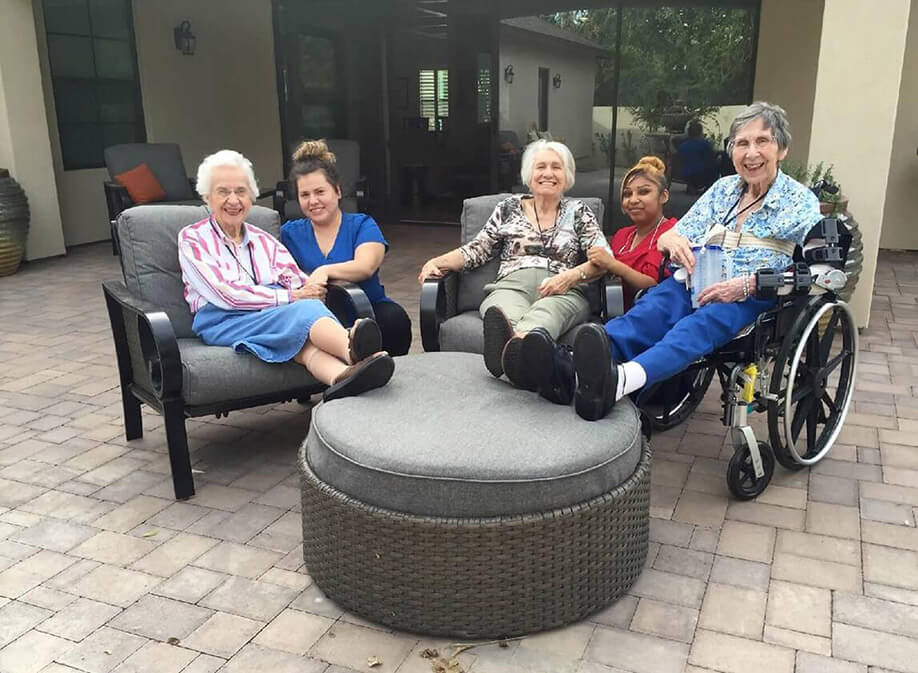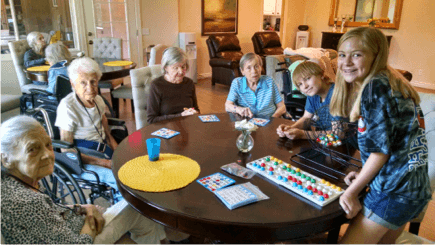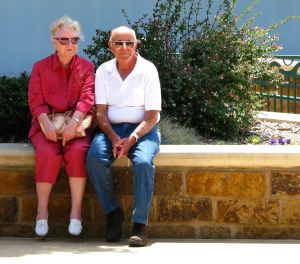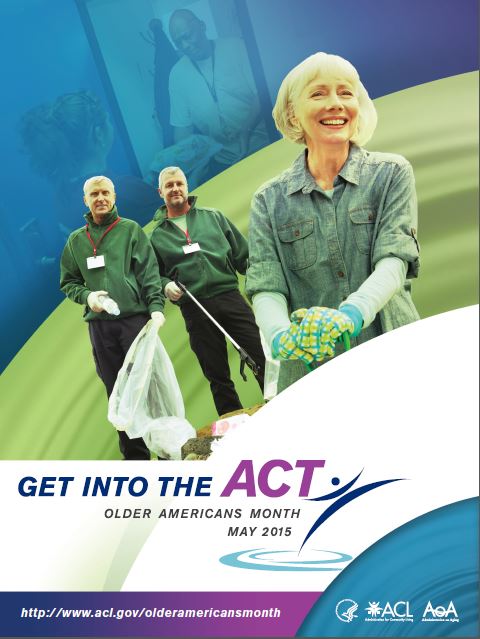5 Dementia Care Tips
 Caring for a loved one with dementia can be difficult and often times a strain for family members sharing in the care responsibilities and decisions. Although there will inevitably be challenges, there are communication tools and practices you can learn to better address the needs of your loved one with dementia. Here are five dementia care tips to get you started:
Caring for a loved one with dementia can be difficult and often times a strain for family members sharing in the care responsibilities and decisions. Although there will inevitably be challenges, there are communication tools and practices you can learn to better address the needs of your loved one with dementia. Here are five dementia care tips to get you started:
1. Put forth a positive attitude:
Your attitude and actions speaker louder than words. Be aware of your facial expressions, your tone of voice, and your body language when communicating with your senior. Use a positive tone, and even incorporate humor when you can (as long as it is not at their expense). A positive attitude can truly be seen and felt by your loved one, more than you may realize. Having a good attitude will not only help your loved one battling dementia, it will also your family through the difficult process of caring for your senior.
2. Practice effective and clear communication:
Communicating to those with dementia may be difficult, but you can become a stronger communicator when you are open to learning and putting your new skills into practice. To best communicate with your loved one, follow these tips:
- Use simple words and sentences while speaking slowly and clearly.
- Use a reassuring tone rather than raising your voice higher or louder so your senior knows you are actively listening.
- When referring to people or places, use their name instead of pronouns (he, she, they) or abbreviations.
- Look for nonverbal cues to better understand what your loved one is feeling.
3. Be proactive to prevent wandering:
Often times people with dementia have a tendency to wander aimlessly. This may stem from factors such as boredom or forgetfulness. Using the following tips, you can take proactive steps to prevent your senior from wandering and to prepare in the event he or she does:
- Add “child-safe” plastic covers to doorknobs
- Install a home security system so you can be alerted when someone is leaving. You may also consider getting video with your security system for more monitoring or censored lights for easier mobility.
- Let your neighbors know about your seniors wandering tendencies so they can contact you if they see something that may be of concern.
- Have your senior wear an ID bracelet so if they do wander, there is information on how to contact you.
4. Increase daytime activities:
Incorporate activities to keep your senior engaged in their daily routine. Physical exercise is beneficial and it can be as simple as walking, gardening, dancing or easy stretches or exercise at home. Incorporating physical activity can improve sleep, increase confidence, build balance, and maintain cognition. Depending on the activity, some physical activities can benefit the heart and blood vessels, strengthen and tone muscles, and create more flexibility in the joints. It is important to avoid too much inactivity or sleeping and to add variety to their daily routine to keep your loved one with dementia stimulated.
5. Practice patience:
One of the most important tips of all is to be patient with your senior and the demands of caring for your loved one with dementia. Many individuals with dementia will occasionally break out in verbal outbursts such as cursing or arguing. It is important to not argue or raise your voice back to them. Remind yourself that your senior may be experiencing frustration and they need you to be patient and help them work through the mental and physical obstacles.
Following these tips, can help smooth the transition of taking care of a loved one with dementia. If you have any questions about dementia or when it is time to consider assisted living, please call Paradise Living Centers at (480) 878 – 4112.







